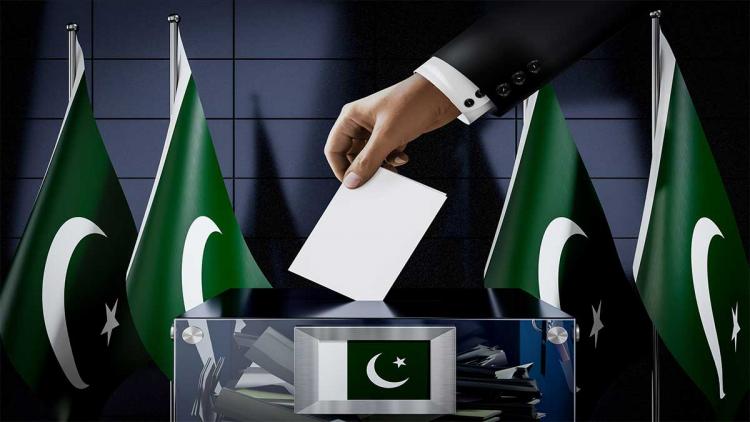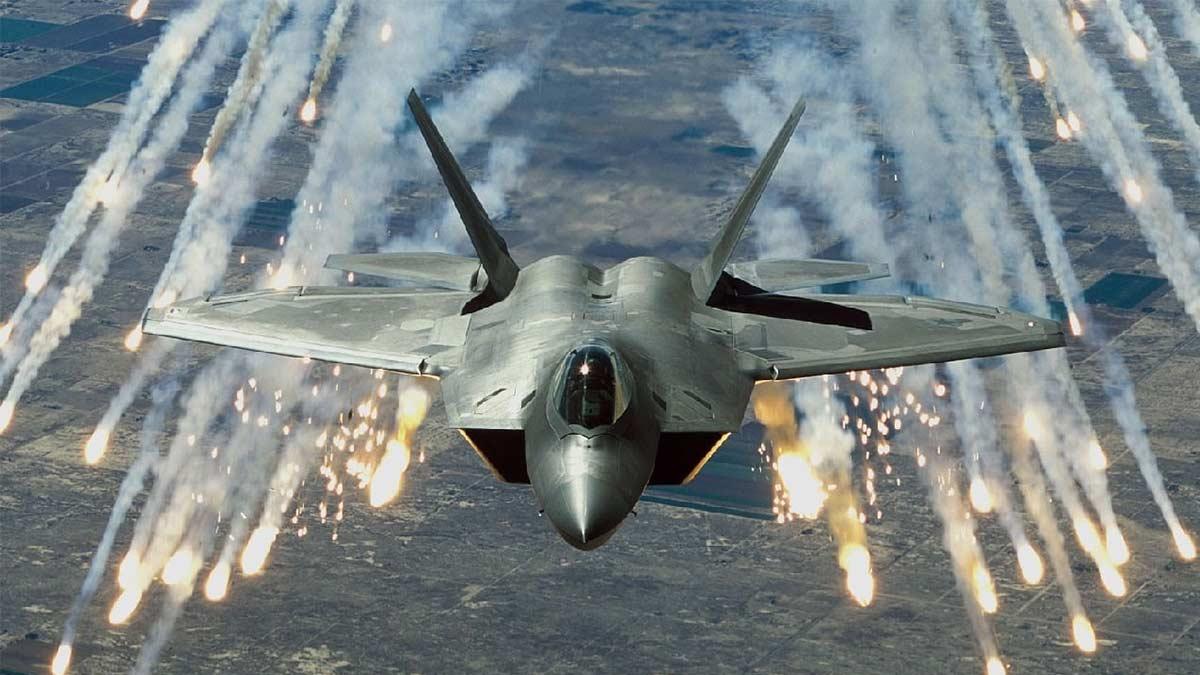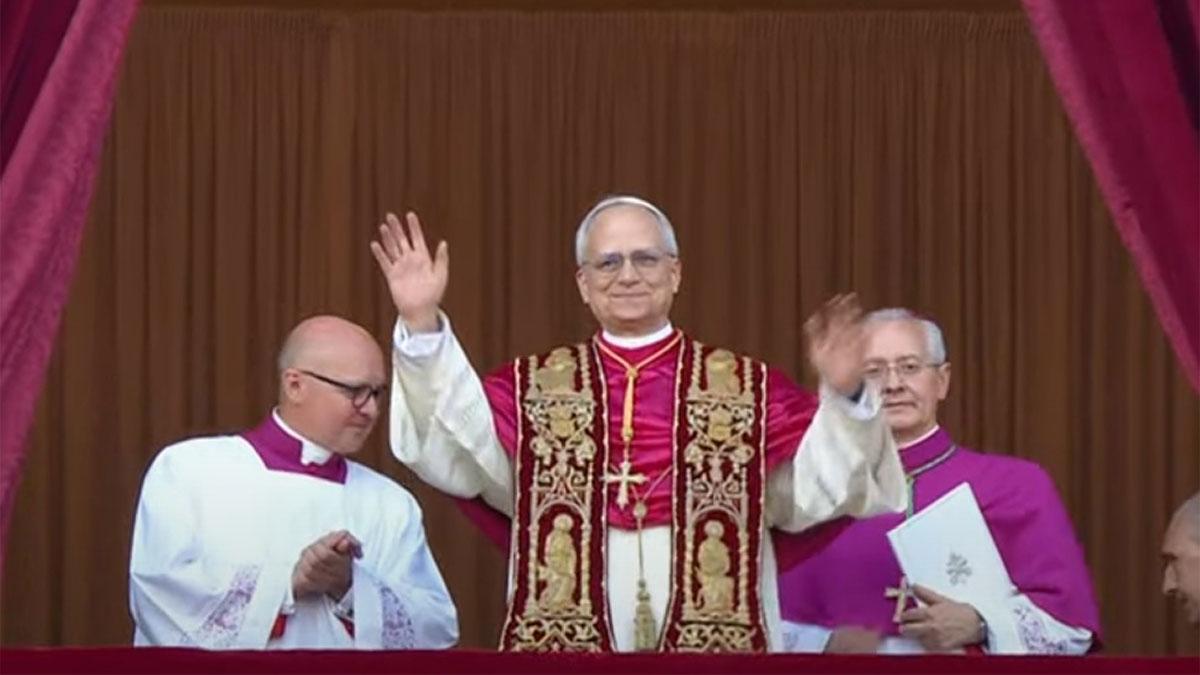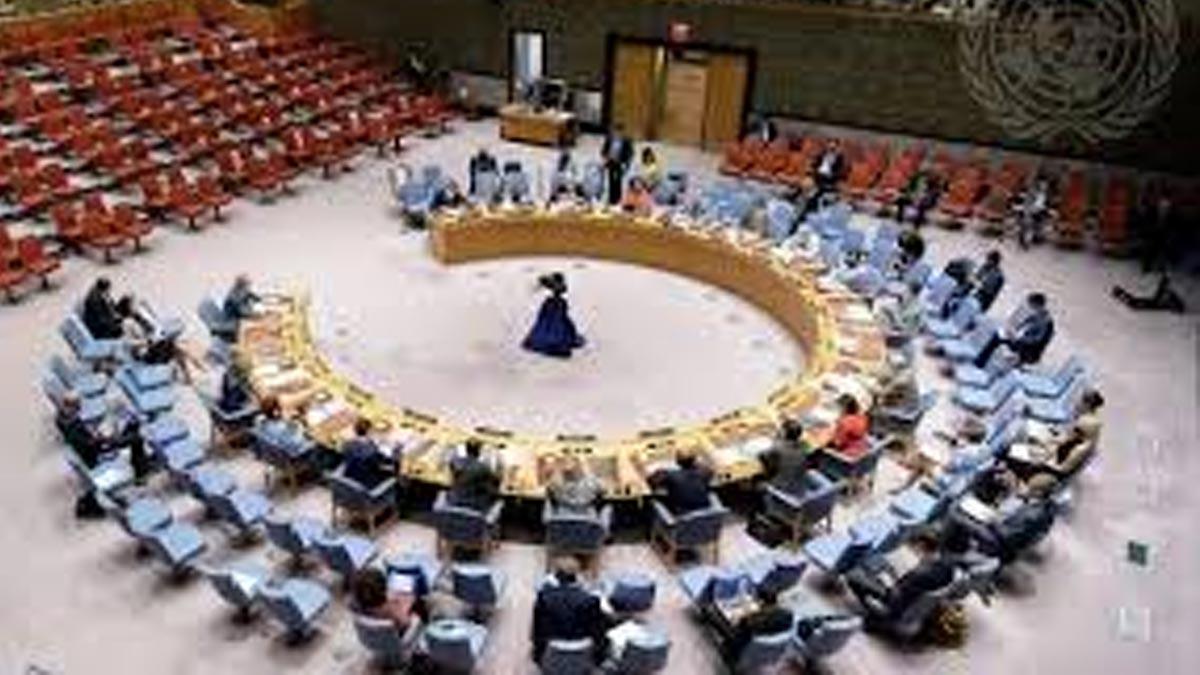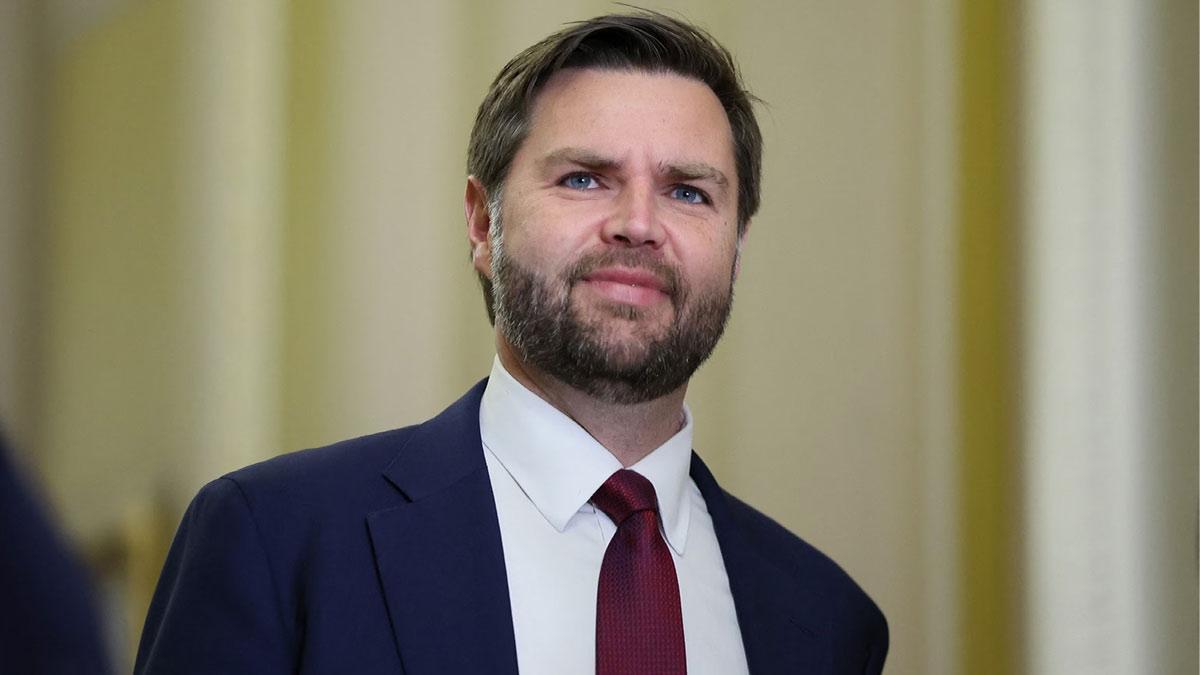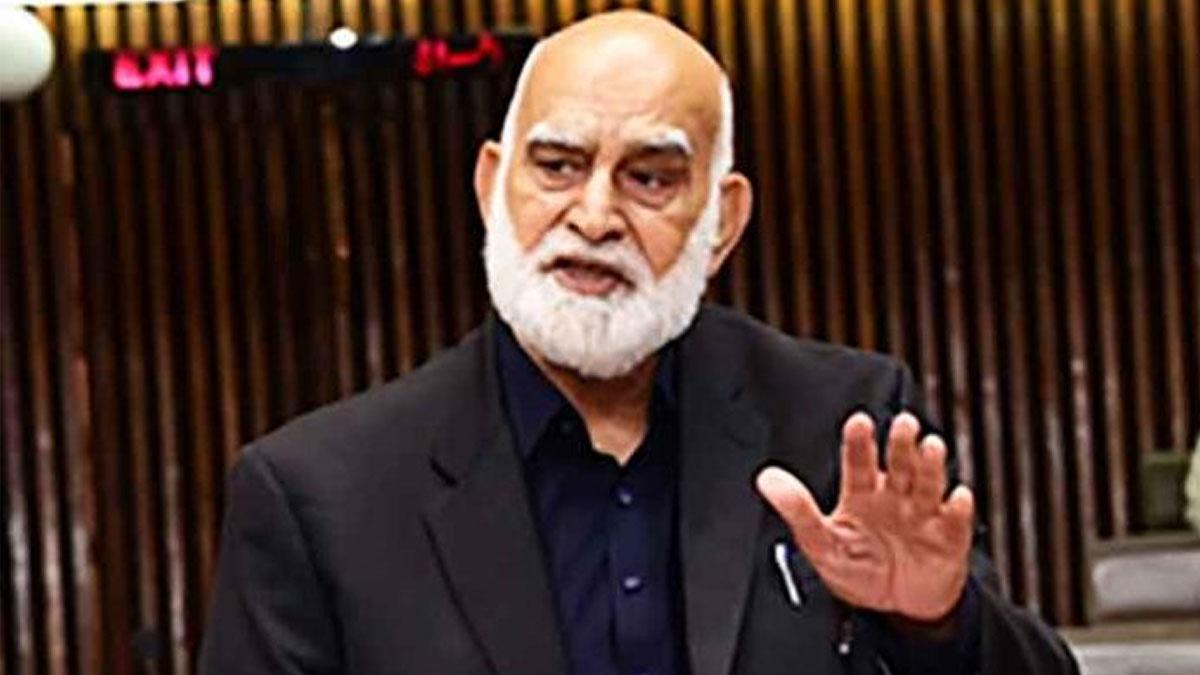The scheduled transition of power in Pakistan through general elections on February 8, 2024, faces increasing scrutiny and skepticism. The Election Commission of Pakistan (ECP), responsible for holding the elections, has extended the timeline beyond the constitutionally mandated 90 days since August 2023, citing challenges like a deteriorating security situation, economic instability, and the restructuring of constituencies based on a recent digital census.
While doubts persist about the ECP's ability to meet the February 8 deadline, the publication of the final delimitation list of constituencies for national and provincial assemblies suggests preparations are underway. The National Assembly will have 266 general seats, along with 10 reserved seats for non-Muslims and 60 reserved seats for women, totaling 336.
However, concerns loom over the credibility of the elections amid allegations of a pre-poll plan orchestrated by the military establishment to influence the political landscape. The Pakistan Tehreek-e-Insaf (PTI), led by former Prime Minister Imran Khan, has faced a significant crackdown, resulting in leadership departures, worker disappearances, and legal challenges. Imran Khan, once supported by the military, has seen a shift in favor since the new Army Chief took charge.
Legal challenges, including corruption and sedition cases related to violent protests on May 9, 2023, targeting military installations, have raised doubts about Imran Khan's candidacy. On the contrary, Nawaz Sharif, a controversial figure, returned to Pakistan after self-imposed exile and is viewed as having made a deal with the military establishment, given the dismissal of corruption charges against him.
Political analysts express concerns that the elections may be more of a selection process than a fair and credible democratic exercise. The possibility of a coalition government, with the Pakistan Muslim League-Nawaz (PML-N) and the Pakistan Peoples Party (PPP) as frontrunners, is anticipated.
Former Foreign Minister Bilawal Bhutto Zardari has voiced suspicions about a predetermined pathway for the PML-N to secure a majority, emphasizing the lack of a level playing field. While the ECP asserts its commitment to the February 8 date, petitions seeking a delay due to security issues and snowfall have been filed.
As preparations for the general elections progress, uncertainties persist regarding their fairness and transparency, raising important questions about the democratic process in Pakistan.
(With Agency Inputs)
Read also| Amid violent protests, Bangla polls may further deepen political fault lines

